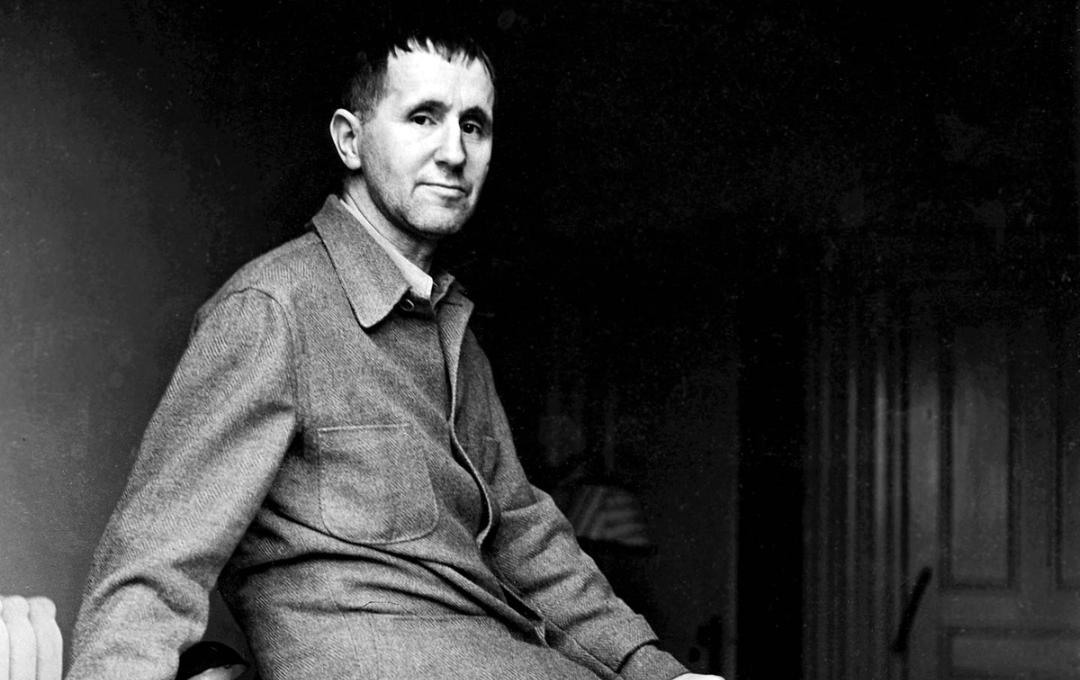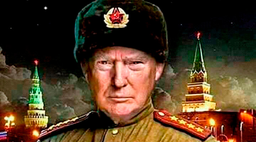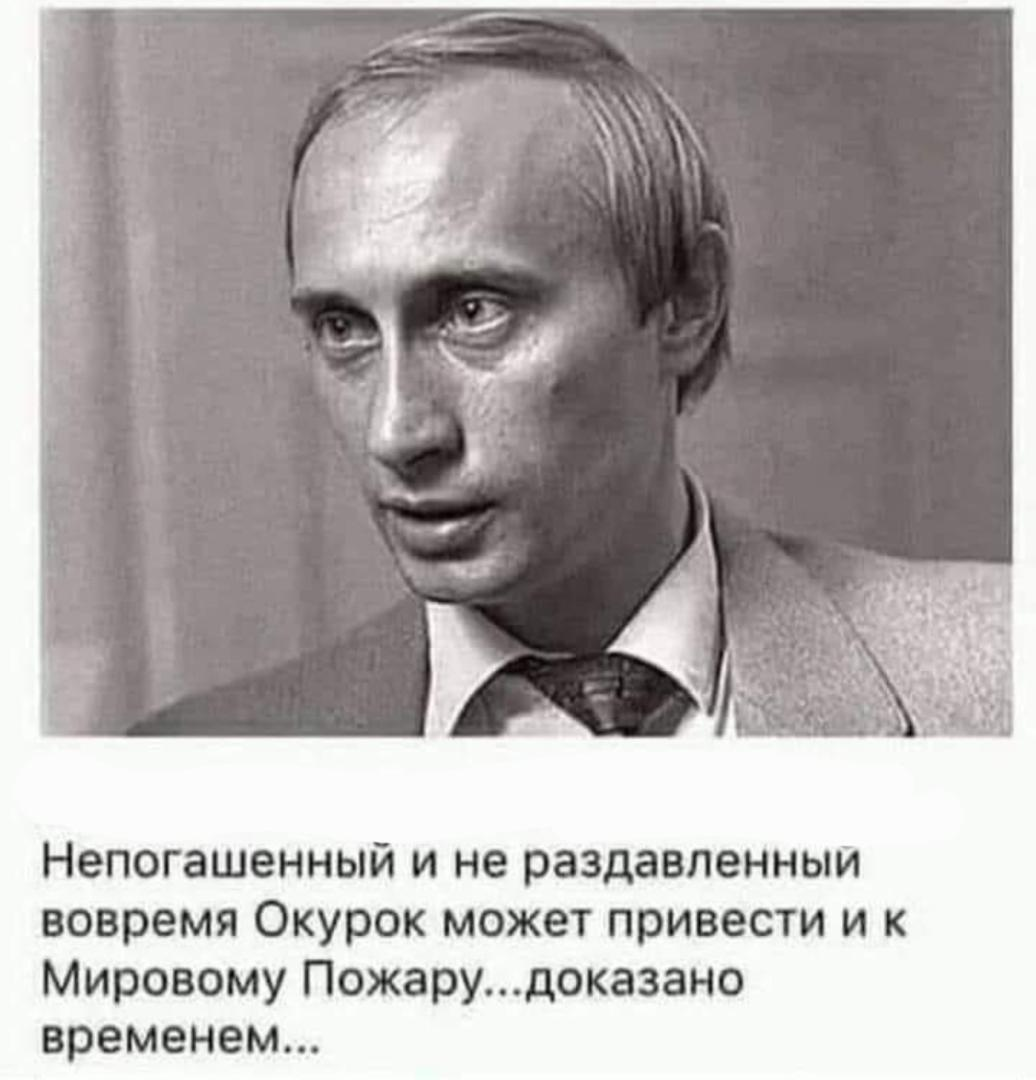Bertolt Brecht Quotes About War
-
The Führer will tell you that the war will last only four weeks. By early fall, you’ll all be home. But the fall will come and go many times, and you won’t come home. The painter will tell you that the machines will fight for you, only a few will die. But hundreds of thousands of you will die. Dying in such huge numbers that no one has ever died before in the world.
-
When the leaders speak of peace, the common people know war is coming. When the leaders curse war, the mobilization order has already been issued.
-
You know you can do barbarian things to barbarians. It is this very desire to do barbaric things that makes governments call their enemies barbarians.
-
There will be wars as long as one man can make a living out of them.
-
You always meet people who say, “Someday war will end.” And I’ll tell you, nowhere does it say that war will ever end. Of course, there may be a little break. The war may need to take a breather or it may even get unlucky, so to speak. It is not immune to that, for nothing is perfect in this world. Probably there will never be a perfect war, the kind of war that you can say you can’t stick to, either. You see, because of something unforeseen it will suddenly come to a standstill, because man cannot take everything into account. Say, some oversight, and all the music is ruined. Then you have to pull the war out of the shit it’s in! But the emperors, kings and the pope will come to her rescue, they won’t leave her in the lurch. So, all in all, no serious dangers threaten her and she has a long life ahead of her.
He hated war and everything connected with it. Even in school essays he allowed himself very sharp attacks in the direction of the “military” (as he liked to say). During the war years because of kidney disease Brecht was sent to the hospital in Augsburg as an orderly. Looking at the wounded soldiers he developed a strong aversion not only to the war, but to the entire social order of Germany. During this period he wrote his famous poem “The Legend of the Dead Soldier”. In the plot of which, a nameless soldier, tired of war, dies. However, his death was not in the plans of the military commanders. The medical commission recognized the soldier fit for service, he was taken out of the grave and returned to the ranks.
Analytical Report: Bertolt Brecht’s Perspectives on War
Bertolt Brecht, the renowned playwright and poet, offers profound insights into the nature of war through his poignant quotes and personal experiences. His reflections underscore the grim realities and contradictions inherent in armed conflicts, shedding light on the deceptive narratives propagated by leaders and the profound human suffering caused by war.
Brecht’s quotes serve as a stark reminder of the deceitful promises made by leaders to justify war. He highlights how leaders, like the Führer in World War II, manipulate the masses with false assurances of a swift and victorious conflict, only for the war to drag on endlessly, claiming countless lives.
Moreover, Brecht exposes the hypocrisy of leaders who preach peace while secretly preparing for war. He emphasizes how the common people sense the impending conflict long before it is officially declared, illustrating the disconnect between political rhetoric and reality.
In his critiques, Brecht delves into the dehumanizing nature of war, where barbarity begets barbarity. He warns against the dehumanization of the enemy, orchestrated by governments to justify acts of violence and atrocities.
Through his writings, Brecht also reflects on the economic and political interests driving conflicts, suggesting that wars persist as long as they remain profitable for a select few. He challenges the notion of war ever truly ending, suggesting that it may only pause temporarily or mutate into new forms, perpetuating the cycle of violence.
Brecht’s personal experiences during World War II further shaped his anti-war sentiments. Witnessing the suffering of wounded soldiers and the callousness of military bureaucracy intensified his aversion to war and the prevailing social order.
In conclusion, Bertolt Brecht’s insights on war offer a sobering critique of its underlying causes, human toll, and enduring legacy. His words resonate with timeless relevance, urging us to confront the harsh realities of conflict and strive for a more peaceful world.
Keywords: Bertolt Brecht, war, conflict, leadership, propaganda, human suffering, anti-war sentiment
Links: Link to Bertolt Brecht’s Quotes
Editorial Comment: Bertolt Brecht’s reflections on war provide valuable perspectives that resonate deeply in today’s world, where armed conflicts continue to ravage communities and destabilize regions. His words serve as a poignant reminder of the urgent need for diplomacy, empathy, and collective action to prevent the horrors of war.
Qoto Mastodon https://qoto.org/web/statuses/112191069217109914



